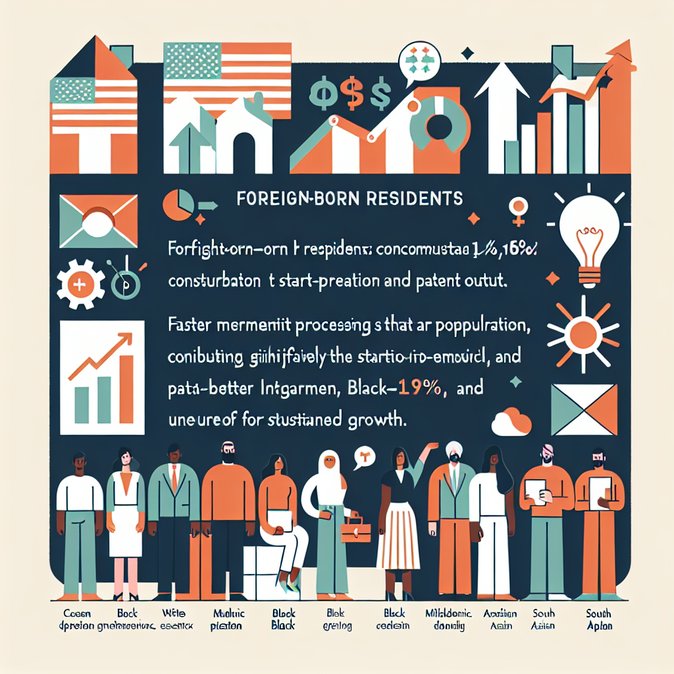
Presenting its annual labour-market outlook in Madrid, the Economic and Social Council (CES) delivered a clear message: immigration is not merely filling low-skilled gaps but has become a major driver of Spain’s competitiveness. The study notes that 9.5 million residents—19 % of the population—were born abroad and that foreign-born workers show a higher activity rate than Spaniards, easing chronic shortages in hospitality, construction and increasingly in tech.
CES data show that almost one in three recently created start-ups in Spain has at least one foreign founder, and foreign-born entrepreneurs file patents at nearly twice the national average. This, the council says, helps explain why Spain’s GDP growth has outpaced the euro-area average since 2021 despite lagging productivity among domestic firms.
![Government council says migrants now ‘indispensable’ for Spain’s innovation and productivity]()
The report cautions, however, that the benefits hinge on speeding up work-permit processing and improving integration. Long appointment waits and limited language training threaten to waste immigrant skill potential. CES recommends fast-track residence renewals for STEM workers, expanded Spanish classes funded through employer social-security rebates, and subsidised housing in innovation districts where rents have soared.
For multinationals, the findings reinforce the argument for relocating regional hubs to Spain. Lower salary costs and a deepening talent pool—particularly among Latin-American software engineers and North-African health professionals—are offsetting concerns about bureaucracy. Companies already established in Barcelona, Valencia or Málaga are lobbying the government to implement CES proposals swiftly to secure the talent pipeline.
With a general election behind it and coalition politics stabilised, Madrid has room to act. Whether it will seize the moment remains to be seen, but CES insists the demographic window is narrowing: by 2035, nearly one in three Spaniards will be over 65. Immigration, the council concludes, is no longer optional but ‘indispensable economic infrastructure.’
CES data show that almost one in three recently created start-ups in Spain has at least one foreign founder, and foreign-born entrepreneurs file patents at nearly twice the national average. This, the council says, helps explain why Spain’s GDP growth has outpaced the euro-area average since 2021 despite lagging productivity among domestic firms.

The report cautions, however, that the benefits hinge on speeding up work-permit processing and improving integration. Long appointment waits and limited language training threaten to waste immigrant skill potential. CES recommends fast-track residence renewals for STEM workers, expanded Spanish classes funded through employer social-security rebates, and subsidised housing in innovation districts where rents have soared.
For multinationals, the findings reinforce the argument for relocating regional hubs to Spain. Lower salary costs and a deepening talent pool—particularly among Latin-American software engineers and North-African health professionals—are offsetting concerns about bureaucracy. Companies already established in Barcelona, Valencia or Málaga are lobbying the government to implement CES proposals swiftly to secure the talent pipeline.
With a general election behind it and coalition politics stabilised, Madrid has room to act. Whether it will seize the moment remains to be seen, but CES insists the demographic window is narrowing: by 2035, nearly one in three Spaniards will be over 65. Immigration, the council concludes, is no longer optional but ‘indispensable economic infrastructure.’


